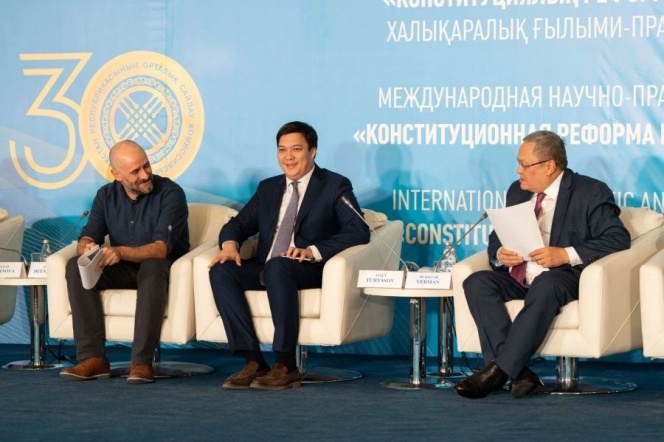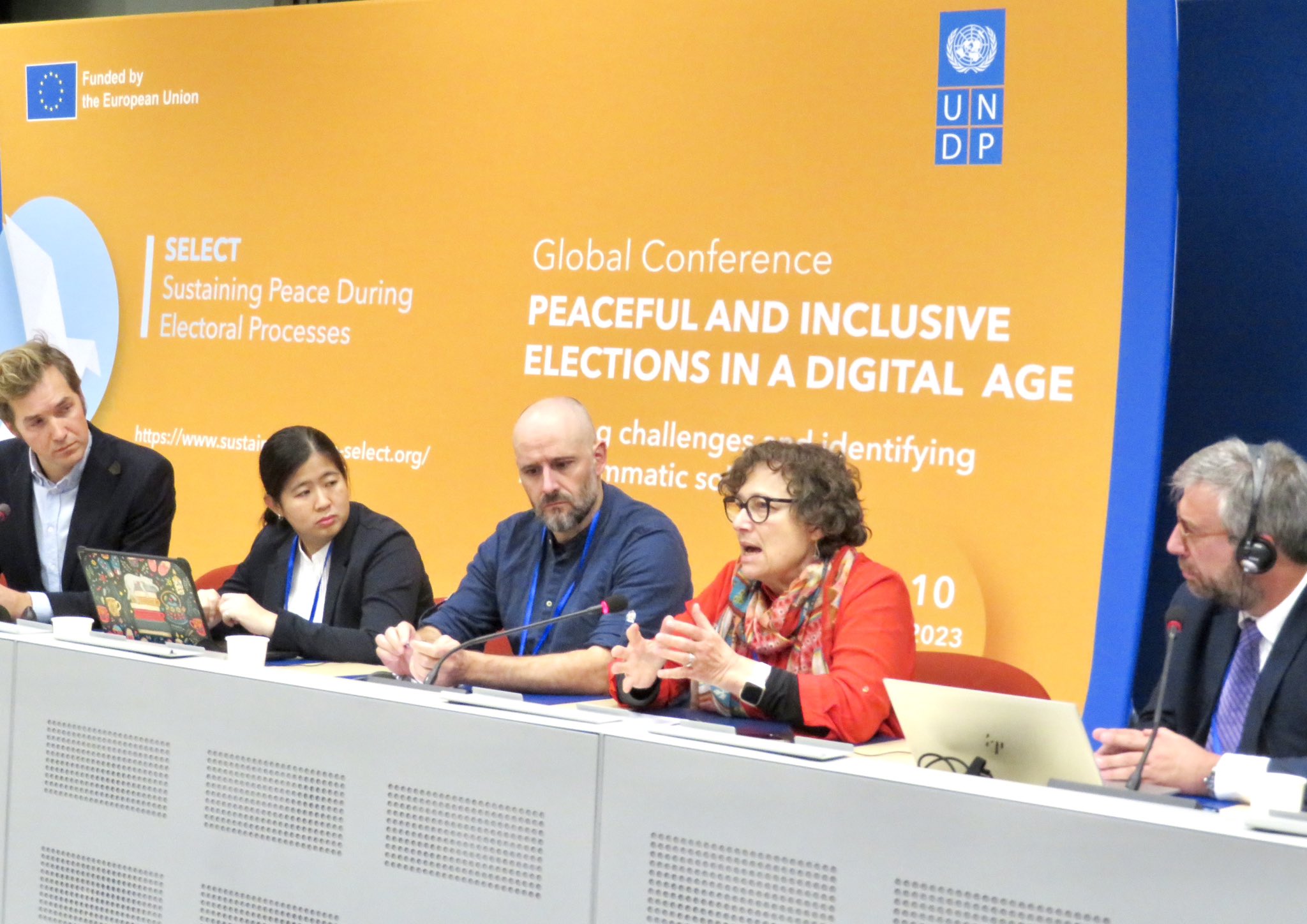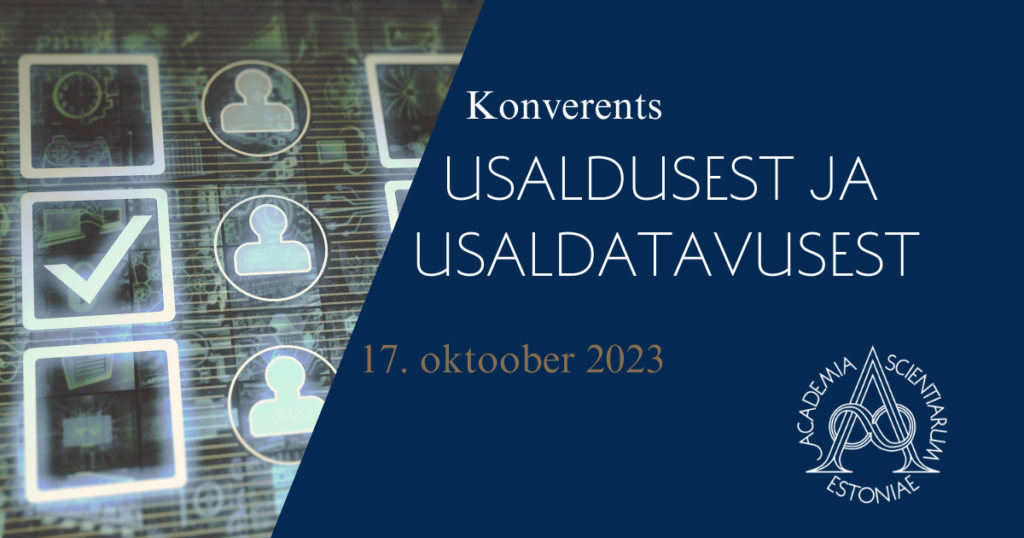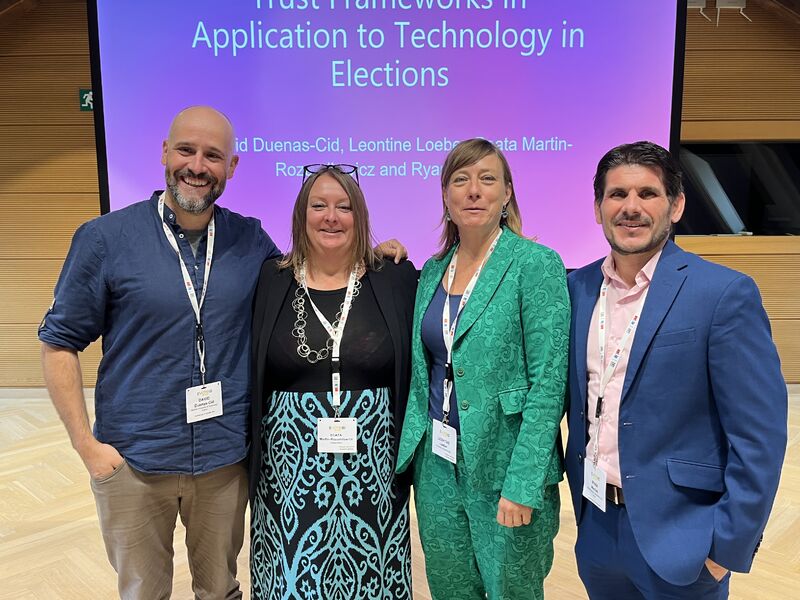The conference, organized on the 30th anniversary of the Kazakhstan's Central Electoral Committee was attended by the heads of the Central Election Commissions, representatives of international organizations, and participants from 11 countries in the region - Azerbaijan, Armenia, Belarus, Georgia, Jordan, Moldova, Mongolia, Turkey, Estonia, Kyrgyzstan and Uzbekistan.
At the conference, I could present an overview of the use of electoral technology, highlighting the benefits and risks of its adoption, and introduce elements that bring trust or distrust to internet voting:
- Trust is built slowly, closely related to the perceived trust in government, the positive experience in using similar technologies, etc.
- In contrast, distrust is created and disseminated quickly, following the contents and experience that undermine the trustworthiness of technology.
I had also the chance and pleasure to visit the Ministry of Digital Development, Innovations and Aerospace Industry, where I met Mr Asset Turyssov, Vice-Minister of Digital Development, to discuss the developments in digital government and digital public services in Kazakhstan.







I was invited some time ago to participate in an interview for Sage Research Methods, for their collection on Data and Research Literacy. The collection is a repository of pedagogic resources to help/inspire/assist researchers using videos and visual content.
The video is available here (subscription needed)
In the interview, I had the chance to reflect on different aspects of my research project Electrust, such as the method, data management, transparency, and other aspects that we rarely talk about but that are at the core of our work as researchers. We very often focus on our results, but we talk less about the learning acquired while getting the data.
I tried to reflect on some elements of my own research (how we built the sample for running a QMethodology, how we tried to avoid potential biases, how we managed the data or how we adjusted to the different cases we are researching), but also some general reflections about social sciences (such as data reusability and transparency).